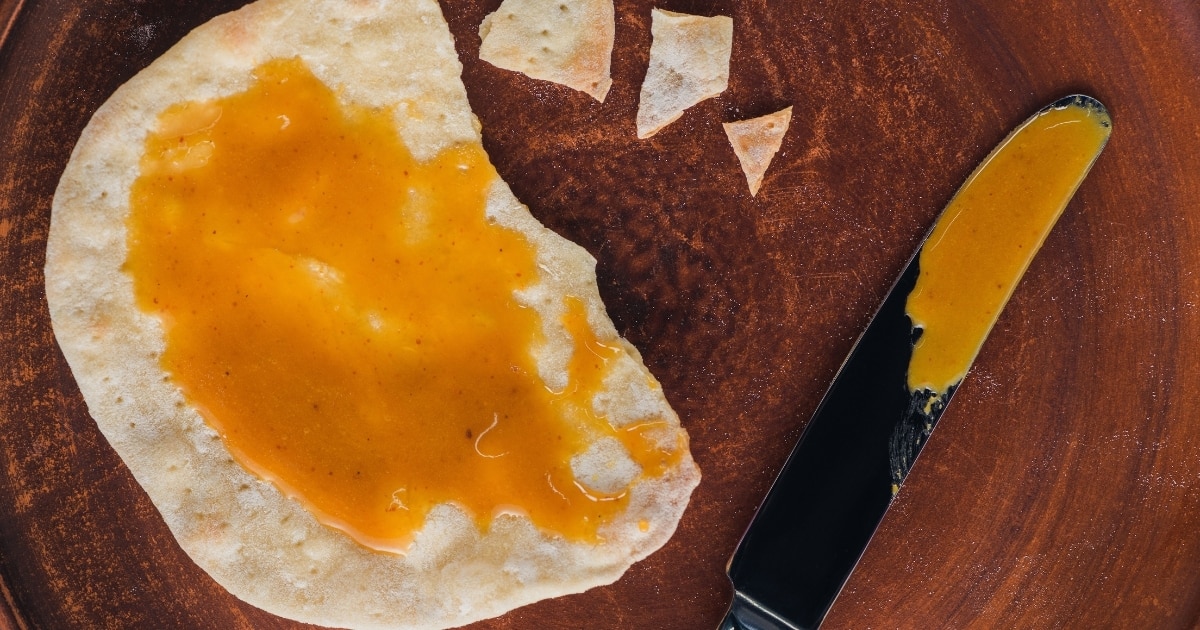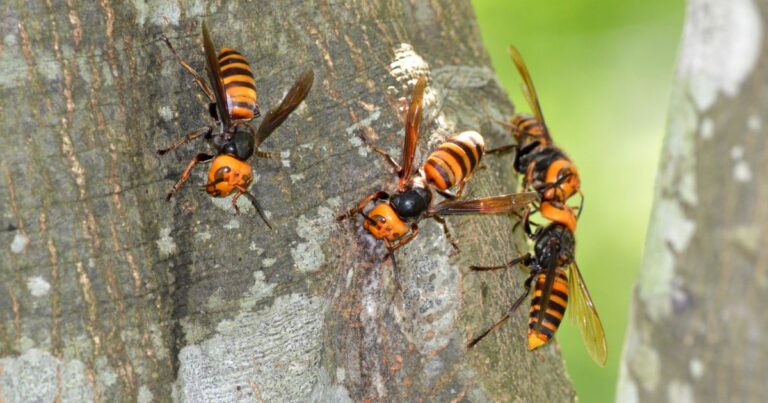Is Honey Kosher?
Is Honey Kosher? I recently did some research into the symbolic stories about bees and honey in Jewish lore and religion. In the Jewish Torah–…

Is Honey Kosher?
I recently did some research into the symbolic stories about bees and honey in Jewish lore and religion. In the Jewish Torah– or, the five books of Moses and overall body of Jewish religious teachings– there are many references to bees and honey. In fact, in the Torah, God described Israel as a “good and spacious land, a land flowing with milk and honey”. So what does this meaning exactly? This description connotes a fertile land, abundant and nourishing. The Midrash– an ancient commentary on the Hebrew scriptures– actually explains that milk symbolizes superior quality, richness and nourishment, while honey represents sweetness.
This got me thinking, if honey is referred to in these religious texts in such a positive light, is honey actually considered kosher in Jewish belief?
Kosher foods are those that conform to Jewish dietary regulations. These regulations are called “kashrut” (dietary law”) and are mainly derived from Leviticus (the third book of the Torah) and Deuteronomy (the fifth book). Food that abides by these laws is termed “kosher” in English; this derives from the Hebrew term “kashér” which translates to “fit” or “pure”. However, food that is not in accordance with these rules is classified as “treif” meaning “torn”.
For example, these rules outline that only land animals which both chew the cud and have cloven hooves can be consumed; therefore, the hare, hyrax, camel and pig are all forbidden from the Jewish diet. Birds of prey, fish-eating water birds and bats cannot be eaten, as well as most “flying creeping things” that crawl the earth (bees, for example). The consumption of blood is also forbidden as it is seen as being connected to a life source. Kosher species, therefore, need to be slaughtered by a “Schochet”, or ritual slaughterer, who ensures the animal’s death is as pain-free and instantaneous as possible. Once slaughtered, certain forbidden fats and veins are removed, and the blood is expelled using special salting processes.
In keeping with this, animal products from forbidden species and unhealthy animals cannot be consumed. This includes eggs and milk, as well as products made from these, such as cheese and jelly. However– and this is where the bees come into it — kosher law does not include materials or products merely manufactured or gathered by animals. This includes honey from bees, despite bees being a non-kosher creature! This is due to the fact that the bee is seen as a carrier, not a creator. One explanation states that this is because the bee takes an external material or substance (nectar) into its body and then excretes it; this is unlike camel milk, for example, which is produced solely by the camel. Another explanation states that while there are laws prohibiting the consumption of a flying insect, there aren’t laws prohibiting the consumption of what a flying insect creates. So there we have it, while the bee is a non-kosher species, honey is a kosher food product!


